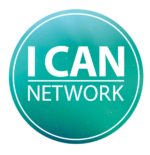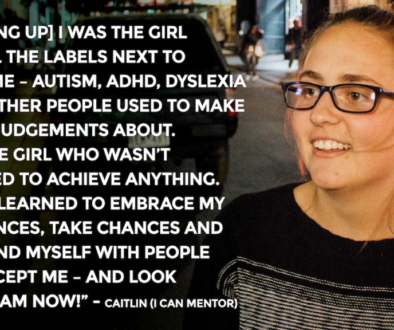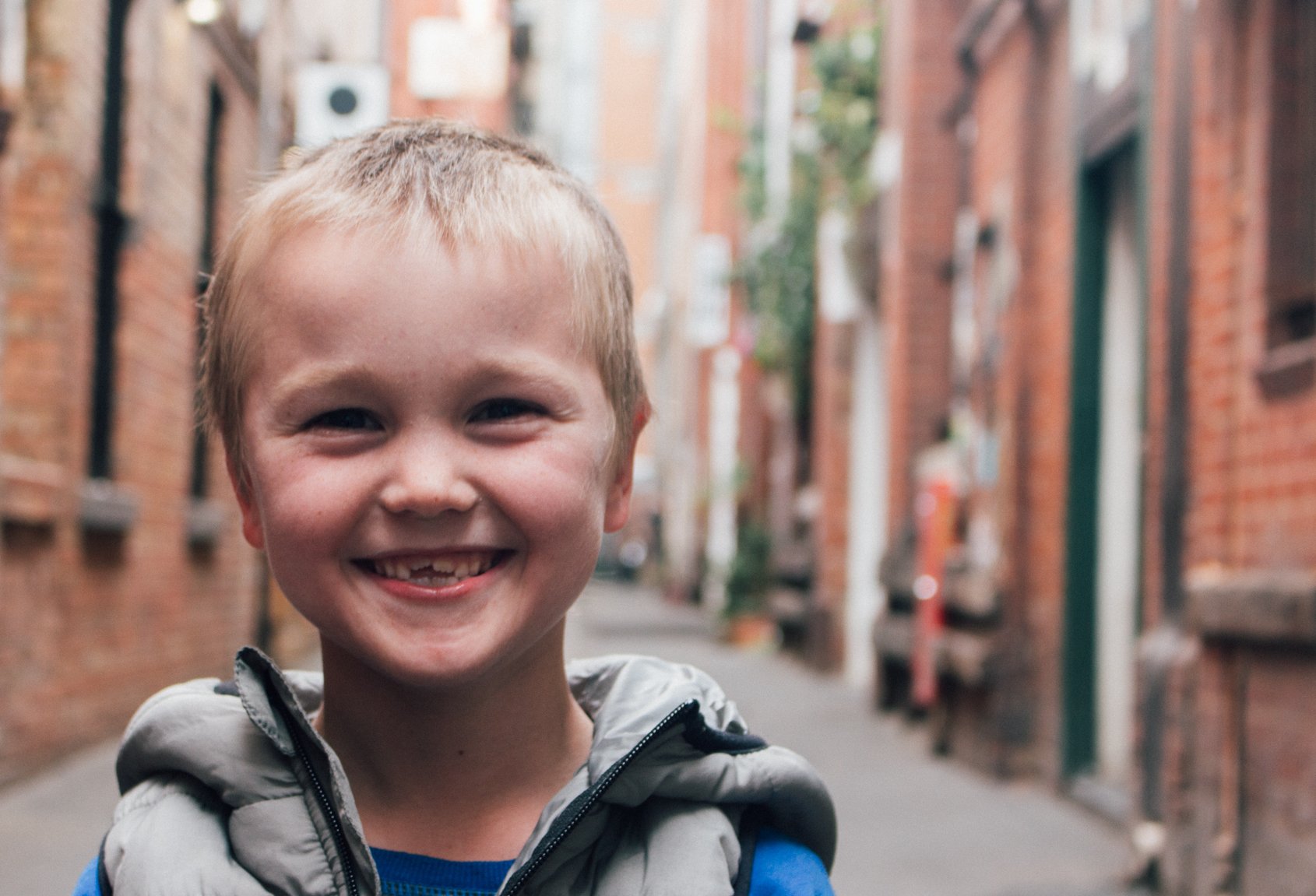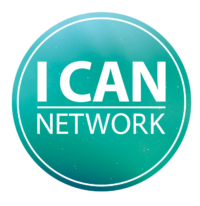PARENTAL PERSPECTIVES: THE POWER OF STRENGTHS-BASED AUTISTIC PEER MENTORING
We are proud to be one of the groups involved in this paradigm shift, (though we are by no means the only one) and as an Autistic myself, it has been nothing short of life changing for me personally.
Earlier this year one of our mentors, James, talked about the power of this approach.
We regularly share the words and creations of our mentees here on Grapevine; after all, that’s the foremost purpose of this platform. And indeed, our mentees have a lot to say on this subject.
For this particular entry though, we did something a bit different; knowing that many of our readers are parents, we wanted to get feedback from other parents, whose children have taken part in our programs, on the benefits of strengths-based peer mentoring, and how it has benefitted their children and families.
Here are some of the opinions we received. Enjoy!
Max Williams, Editor
“I can’t sing the praises of Autistic-led mentoring enough, and I say this as both the parent of an Autistic child and an Autistic woman. When I was growing up, I didn’t have any idea I was on the Spectrum, and nothing like this existed. I remember experiencing constant judgement, fear and confusion. So to be connected in this way on a couple of different levels to the Autism community is wonderful, and I can see the positive difference it’s made in our family. Our motto: love who you are, and love who you meet. Onwards and upwards!”
“We have an amazing Autistic teen who is going through some tough struggles. She looks up to her Autistic mentors and knows that most of them faced similar challenges when they were in school, yet they have managed to reach a place where they are proud to be who they are and are navigating the world on their own terms. Their insights and reassurances carry a lot of weight — not just with our daughter but also with us as parents. We love her so much, but we don’t know what it’s like to be an Autistic teen. Her peers, mentors and other Autistic role models DO. We are very grateful that she has their support and that we can continue to learn from their lived experience.”
“Through Autistic-led mentoring, our daughter has been able to connect with Autistic peers and mentors who can relate to her experiences, which is fantastic. These connections have helped her appreciate that she is awesome just as she is — something that we tell her all the time, but it resonates much more coming from other teens and young adults rather than parents. My wife and I are not Autistic ourselves, but we continue to get some great benefits from being connected to the Autistic community as well – especially the insights that help us understand and support our daughter better. Our entire family gravitates towards others who have an “I CAN” strengths-based, respectful view of Autism.”
“The world projects a lot of negativity about Autism, and I think this makes it harder for our kids to see themselves in a favourable light. Autistic-led mentoring has had such a positive impact on my son’s perception of himself and what it means to be Autistic. There has also been a wonderful spillover effect on everyone who knows our son. When you hear a 14-year-old talking about his strengths and other Autistic people he admires, that outlook is contagious!”
“My daughter has recently participated in Autistic-led peer mentoring. This was particularly useful as she was going through a difficult transition to high school, and having the support of an Autistic led peer mentoring group meant that she had a group of peers who were similar to her, and she truly felt part of something. She found it valuable to hear about strategies that others have used for things such as handling anxiety.
Having the Autistic-led peer mentoring group has also been helpful when neurotypical peers have made throw-away comments using unsavoury language around Autism. It is really important to have people around you who you can relate to and get support from.”
“Adopting a strength-based approach can be transformational. We all have strengths and these should be celebrated and encouraged. I think that Autistic peer support is essential. It makes the mentors relatable and the sessions authentic. The mentors « get it ». At numerous I CAN Network camps, I’ve been lucky enough to witness how powerful it can be when a strength-based approach is delivered by Autistic peers.”
“The structure and people [have] been a real rock for her in transitioning to adulthood, providing her with opportunities to develop responsibility, self-confidence and self-esteem, and a net to catch her when she has doubts or needs reassurance. [It also] provides opportunities to develop her strengths that have undoubtedly assisted her in reframing her view of herself in the world and having confidence in her abilities.
I am a long-time advocate for peer support and think it is crucial to anyone’s growth and development. You wouldn’t ask a non-driver to teach you to drive would you? Peer support, particularly for people on the spectrum, provides reassurance that one is not alone and that one’s difficulties are solvable. Sharing these things with people in a similar situation is the best place to get advice or support.”
***
